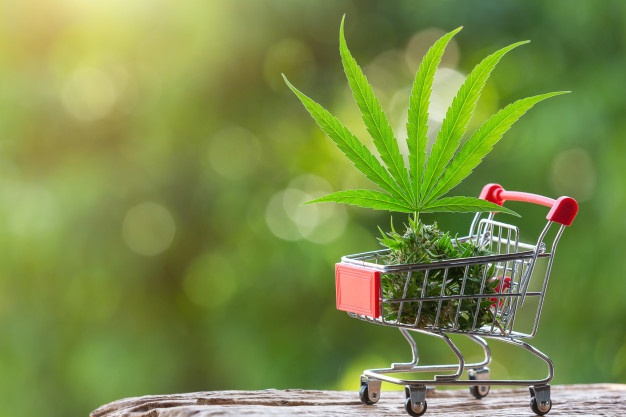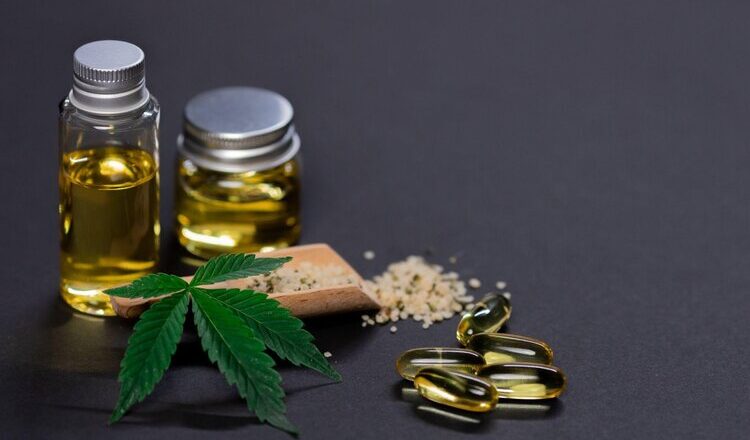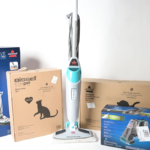How to Build and Grow a CBD Business
In the last few decades, CBD (and the cannabis industry in general) has gone from an extremely niche product to a versatile solution used by many people to achieve all sorts of health and lifestyle benefits.
CBD offers a number of health benefits, and it’s a booming industry, so why not get into it now?
So whether you’re looking to dive in head-first, or just get your feet wet in this new and growing market, here’s how you can start to build and grow a CBD business.
How to Build and Grow a CBD Business
Research the market
If you’re seriously considering starting a CBD company, you need to do your market research. How will it be priced? What are the other products in the market? Who are the competitors in the area?
Use your market research to create a competitive advantage or unique selling proposition so that people will be drawn to your products. Pay attention to the naturally growing demand for CBD. There is a lack of CBD products, relative to the rising popularity of these products.
To find out how profitable and in-demand CBD products are, survey the market and speak to other business owners if possible. Survey potential customers to see if they will purchase your CBD goods. Build a website with accurate content that helps address any questions your target demographic may have.
Understand the laws and regulations
The legal issues surrounding hemp products are still evolving. Knowing your options now will help you protect yourself later.
When starting a CBD business, it is very important to do thorough research and study the current laws and regulations related to the industry —including your state’s CBD laws.
In 2018, the Farm Bill legalized the commercial production of hemp. That means that farmers can grow and sell hemp plants as long as they contain less than 0.3% THC —the part of cannabis that makes you feel, “high.”
On the other hand, though, the FDA has only approved one CBD-based product (Epidiolex), which essentially just means that you can sell any CBD products you want —as long as you don’t make any health claims regarding them.
As always though, it’s best to do research on the regulations in your specific region.
Learn about the products available
If you don’t have much experience with CBD, you should take some time and get to know the range of products available, and determine which ones would be most profitable.
There’s a CBD product for just about any application and method of consumption from tinctures, to drops and sprays, to pills and capsules, to edibles, topicals, vapes, and more.
Write a business plan
One of the first things you need to do when building a business is to write a business plan. Without one, you’re pretty much-taking shots in the dark until something good happens, and investors will be hesitant to take your ideas seriously.
Because of the legal implications of cannabis-derived products, there are usually different taxes you need to be aware of —especially when comparing medical vs recreational cannabis taxes.
Knowing the tax rates in your region for each might help you determine your target market, and even calculate revenue projections.
Acquire licenses
Whether you’re starting up a full-on hemp manufacturing business, or a simple online shop, it’s important to make sure you have the proper licenses.
Individuals and partners have a couple of options when starting out. A limited liability company (LLC) or corporation both offer protections and tax advantages that sole proprietorships and partnerships don’t. For instance, you can start an LLC in California if you want to run your CBD business from there to protect you from personal liability.
Whatever you decide, make sure you acquire an EIN (employer identification number) from the IRS, and a reseller license if you intend to purchase items in bulk to resell in your CBD shop.
Select suppliers
If you don’t intend to produce your own CBD products, you need to be certain that the products you’re purchasing to sell are of the highest quality, and that they are purely hemp-derived (if you intend to sell nationwide)
Make sure to ask for COA (certificate of analysis), as well as proofs and guarantees that there are no pesticides, residual chemicals, or microbes present in the CBD products.
Find your platform, and scale up when you can
Once you have your supplier and distribution chain setup, find an e-commerce platform, or set up a shop in person to begin selling your CBD products.
Utilize good branding, as well as targeted social media and content marketing to establish your shop as the area’s CBD expert, and watch your business grow.
Conclusion
Getting into the CBD industry can be a smart move for investors and entrepreneurs alike. Make sure to follow this guide, and you’ll be making sales before you know it!


















